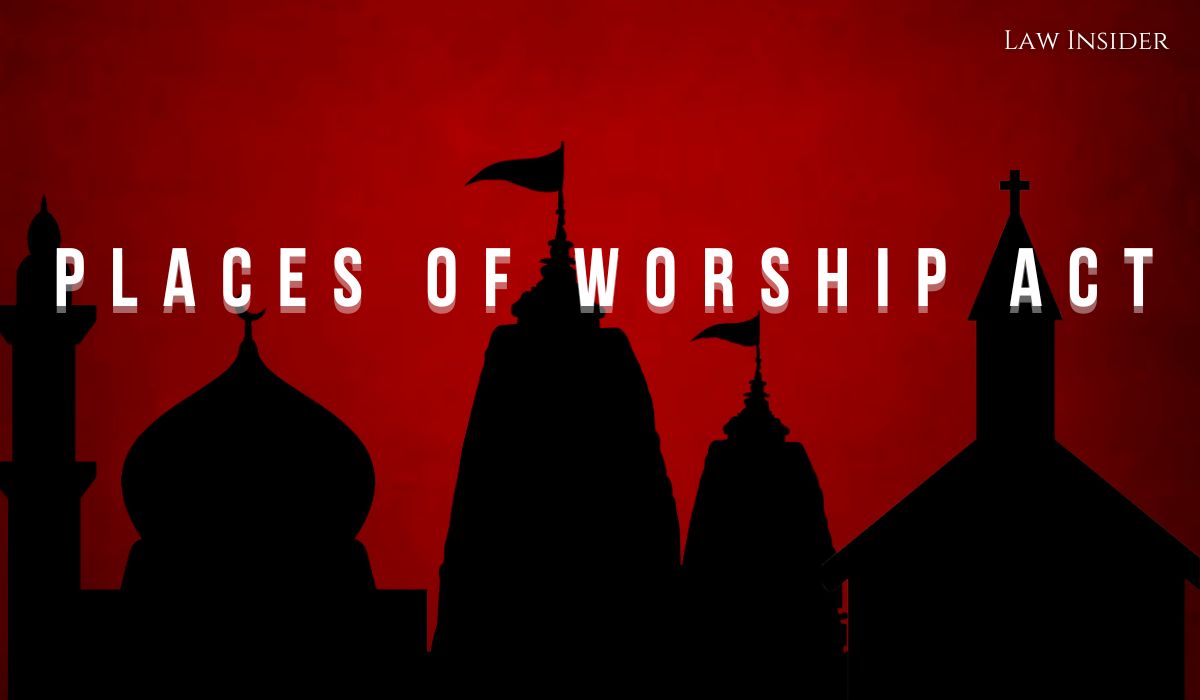Khushi Bajpai
Published on: 10 September, 2022 at 20:41 IST
The Supreme Court’s three-judge panel, which is led by Chief Justice U.U. Lalit, and Justices Ravindra Bhat and P.S. Narasimha has scheduled a hearing for October 11 on a number of petitions that question the constitutionality of the Places of Worship (Special Provision) Act of 1991.
The UOI has also been ordered by the court to submit a reply within two weeks. The petitions have been submitted in opposition to the ordinance because it forbids legal action against trespass on places of religion and pilgrimage that existed before August 15, 1947.
The bench is deliberating on the writ petitions brought by Dr. Subramanian Swamy, a BJP Rajya Sabha member, and others that contest the 1991 Places of Worship Act. Apart from this, parties who were either in favour of the law or opposed to it filed roughly 15 impleading applications.
At today’s sessions, Advocate Ejaz Maqbool argued on behalf of Jamiat Ulema-i-Hind, which is attempting to intervene in the case, that the Supreme Court’s decision in the Babri Masjid-Ram Janmabhoomi case upheld the law’s constitutional validity. In support of Upadhyay, senior attorney Rakesh Dwivedi claimed that those views were obiter dictum.
According to the argument, the challenged laws establish an arbitrary, unreasonable retrospective cut-off date and make the unlawful behavior of intruders who violated religious institutions in the past acceptable.
Thus, it is claimed that the requirements go against the fundamental tenet of secularism and are in conflict with the state’s obligations to safeguard historical sites under Article 49 and religious cultural treasures under Article 51A of the Constitution.
Additionally, it is claimed that the provisions violate the Indian Constitution’s Articles 14 (right to equality), 15 (right against discrimination), 29 (right to preserve culture), as well as Articles 25 (right to pray, practice, and prorogate religion), 26 (right to manage, maintain, and administer places of worship and pilgrimage), and 21 (right to life and personal liberty).

